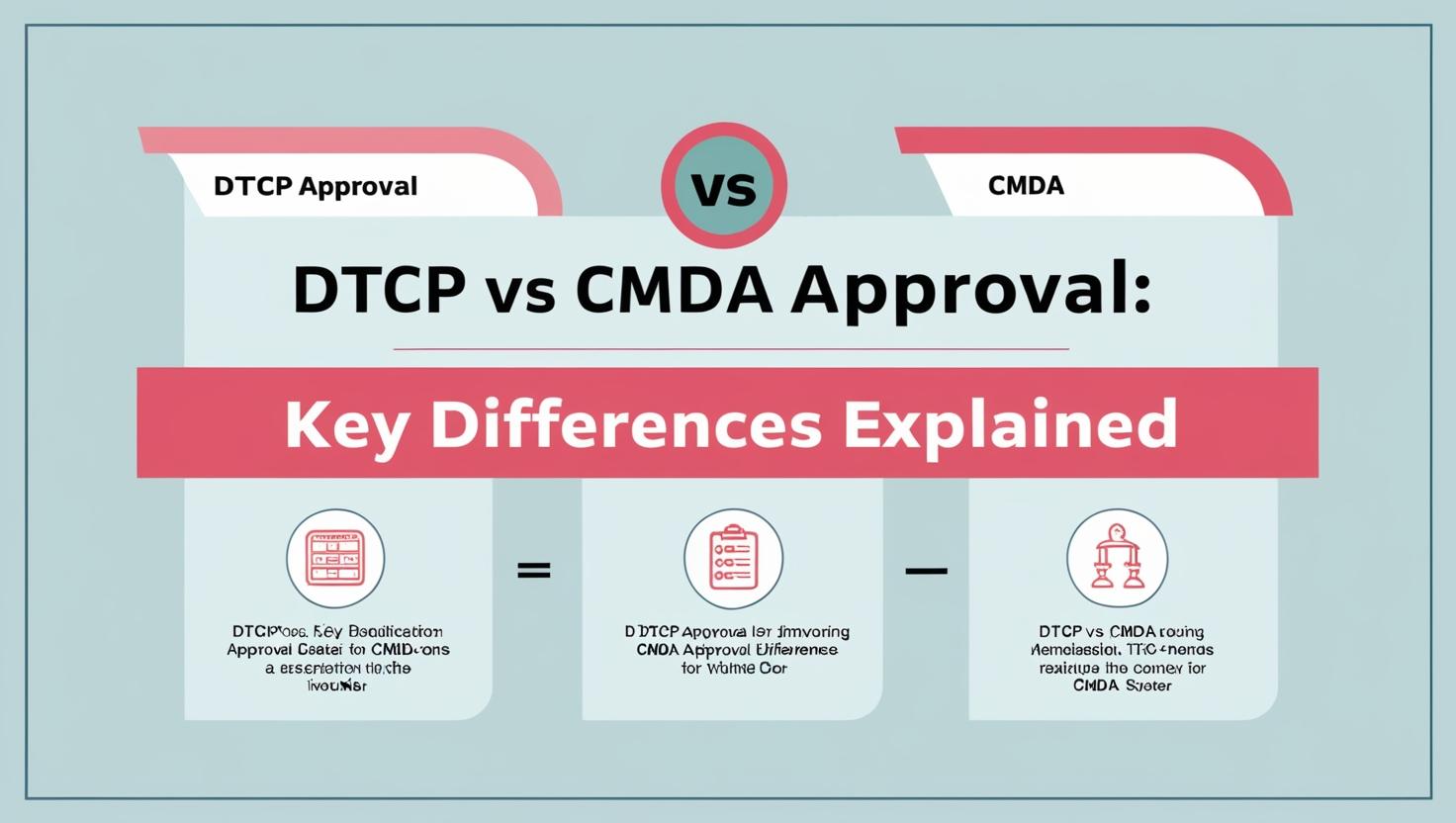DTCP approval perhaps became one of those frequently used terminologies while one struggled through the regulations concerning projects either as a real estate developer or a property investor. DTCP, in simple terms, is the cmda approval given by the Directorate of Town and Country Planning regarding land development to ensure such projects conform to the set urban planning guidelines respecting zoning laws to construction standards.
What is CMDA Approval and Why Is It Important?
CMDA stands for Chennai Metropolitan Development Authority; it is the metropolitan development authority of Chennai city in the state of Tamil Nadu. It sees property development within the city aligns with growth strategies and regulations concerning the city’s general plan. Approvals from the CMDA would be required to have projects at the Chennai Metropolitan Area, covering residential and commercial buildings exceeding the plot size limit beyond a particular extent.
Key Differences Between DTCP Approval and CMDA Approval
Now that we have understood the basics about DTCP and CMDA approvals, let us understand the key differences between them:
1. Geographical Jurisdiction:
DTCP Approval: This applies to projects of land and development in areas other than metropolitan or outside of the direct control of CMDA. It covers, in other words, mainly suburban and rural areas which are just burgeoning into towns and villages or located on the fringes of larger cities.
CMDA Approval: Projects falling within the area of Chennai Metropolitan will fall in this category. The Projects at places of high concentration that are residential, commercial, and industrial projects falling under Chennai City limits and its fringes will be falling here.
2. Scope and Process for Approval:
DTCP Approval: This is generally considered an approval with respect to the new development in the periphery of the city and its conformation to the regional development policies. It mainly includes compliance of the project with local zoning laws, land use, infrastructure facilities, and environmental impact.
Approvals by CMDA are more related to comprehensive aspects of urban development in projects being proposed within city limits. There are detailed verifications with respect to buildings’ design against infrastructure integration to public services concerning environmental impact related to an urban setting.
3. Type of Development:
DTCP Approval: This approval, in general, comes for large development projects involving residential townships and agricultural land conversions. Projects that are outside the city limits usually have this approval. It is sought for in residential and mixed-use land in the developing or suburban areas.
CMDA Approval: In major projects within the city, including high-rise buildings, commercial complexes, apartments, and residential layouts in the limits of the city, it shall have to seek its approval through CMDA. In this case, confirmation for a project from a city would guarantee its design per the set parameters for the said city.
4. Time of Duration to Start the Process
DTCP Approval: This might take a few months pending the intricacies of the work. In general trend, it usually runs a bit slower in processing, covers larger geography, and diverse land types. This essentially encompasses doing a careful regional master plan check and verification of development policies in detail.
CMDA Approval: The time for approval by CMDA is generally less, especially in cases of projects that fit the city’s master plan. It takes considerable time in the case of complex projects involving large commercial or residential buildings since there are strict compliance checks and zoning laws to be adhered to.
Conclusion: Make Informed Decisions on Your Real Estate Projects
The knowledge of the difference between DTCP and CMDA approvals will, in turn, give confidence to you, a property investor or developer with a proposed project in a locality, and ensure your investment is in full legal conformity to the law in force in this regard.
